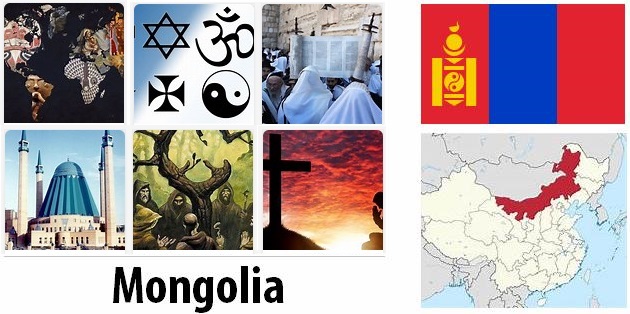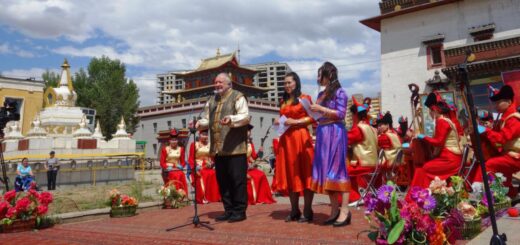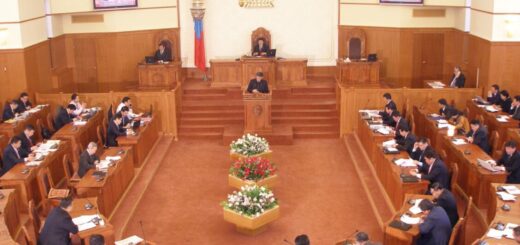Mongolia Religion
The Mongols were originally shamanists who worshiped the heavenly vault and various spirits. A form of priests, shamans, mediated in the state of trans contact between people and the spirit world. In the 12th century, the Mongols came into contact with Buddhists, Muslims and Nestorian Christians. In the 16th century, they began to adopt the Tibetan form of Buddhism, Lamaism, which has the Dalai Lama as supreme leader. As in Tibet, Lamaism in Mongolia contains many older, shamanistic features.
The Buddhist monasteries came to play an important role not only religiously and culturally, but also as political and economic centers of power. After the Communist takeover of power in 1924, practitioners were persecuted by Lamaism. At least 36,000 Buddhist monks and llamas (high-ranking monks) are estimated to have been murdered until 1940. Over 700 monasteries were demolished, burned or otherwise destroyed. Religious records and manuscripts were also destroyed. When democratization began in 1990, only one monastery remained in operation. Since then, religion has gained a boost. There are now over 100 Buddhist monasteries and more than 2,100 lamas. Shamanism has also experienced a renaissance.
The Kazakhs are Sunni Muslims. Their religion was also repressed under communist rule. All mosques were demolished or closed, only to be opened or rebuilt after 1990.
Today, the state and church are separate and there is no official state religion. However, there is a law that says that Buddhism should be especially respected for it being the most widely used religion and for its historical and cultural significance for the country. There is religious freedom, but the government oversees religious activities. There is a great suspicion of “foreign” religions such as Christianity. The activities of foreign communities are strictly regulated. Among other things, there are laws that restrict activities to convert the Mongols to other religions.
- Countryaah: Population statistics for 2020 and next 30 years in Mongolia, covering demographics, population graphs, and official data for growth rates, population density, and death rates.
2019
November
Mongolia is warned against lack of money laundering
November 4th
The International Financial Action Task Force (FATF), which oversees countries’ actions against money launderingand terrorist financing add Mongolia to its gray list of countries that have “strategic shortcomings” in these areas. Thus, Mongolia could risk sanctions from international financial institutions. In 2017, Mongolia received a reprimand for not having done enough to stop funding contributing to the development of weapons of mass destruction. FATF did not express in plain text what it was about, but experts believe it was the growing economic cooperation with North Korea that was intended, which could benefit North Korea’s development of its nuclear weapons program. According to reports, thousands of North Korean workers remain in Mongolia despite a UN sanction requiring North Koreans working in other countries to be sent home. In addition, Mongolia is stated by analysts harboring a desire to access ports in North Korea for its commodity exports.
October
Police arrest 800 Chinese for money laundering
October 31st
800 Chinese citizens arrested by Ulan Bator police in connection with an investigation into suspected money laundering linked to online gambling. They will be deported to China. Another four Chinese and one Mongolian man, who are suspected of having organized it all, will be investigated further by the judiciary.
September
The Russian President promises investment
September 4th
Russian President Vladimir Putin promises that Russia will help build new infrastructure in Mongolia. The promise comes in connection with Putin visiting Mongolia. President Chaltmaagijn Battulga and the Russian President sign a number of agreements on investment support, among other things. According to Battulga, the support will be used, among other things, to build new railways at the border with China to facilitate the export of minerals. Battulga also hopes that Mongolia will build a terminal in a Russian port to streamline the export of goods shipped via Russia.




